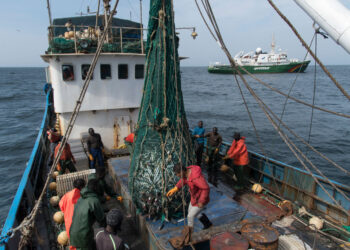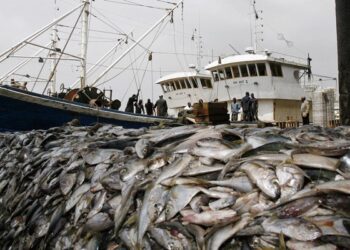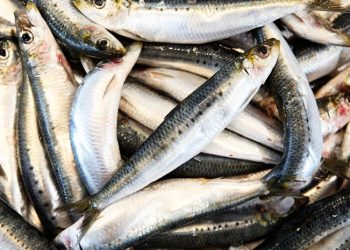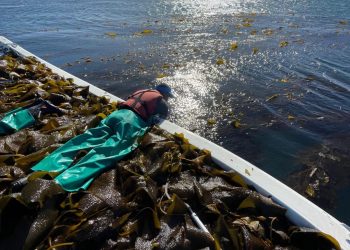
Namibia’s hake trawl and longline fishery has received international funding from the Ocean Stewardship Fund (OSF) to implement innovative technology aimed at reducing harmful interactions between Cape fur seals and fishing gear.
The initiative is part of a global effort supported by the Marine Stewardship Council (MSC), which is providing over N$40 million to 85 projects to promote sustainable fishing and marine conservation worldwide.
“This technology could offer a sustainable solution to long standing human-wildlife conflicts and help balance human need for food and livelihoods with wildlife conservation and environmental stewardship,†said research partner, Thomas Götz
He further explained that the project will deploy Targeted Acoustic Startle Technology (TAST), a neuroscience-based tool that emits low-frequency sounds to deter Cape fur seals from approaching fishing gear. The technology is designed to be safe, non-invasive, and species-specific, ensuring it does not harm the hearing of seals or other marine animals.
This research-driven solution seeks to mitigate the long-standing issue of seal entanglement and gear damage in Namibia’s fisheries. By preventing seals from interacting with fishing operations, the project aims to protect both marine life and the livelihoods of those working in the industry.
“For some top predators, particularly certain marine mammal species, bycatch and gear entanglement in fisheries is hugely impactful,†he said.
According to Chief Executive of the MSC, Rupert Howes, the OSF has provided over US$8.8 million in funding since its inception in 2019, supporting more than 200 initiatives, nearly 90 of which are based in developing countries
“These awards highlight the power of collaboration — from scientists and fishers testing inventive solutions, to environmental and intergovernmental organisations working alongside fishers to implement large-scale changes in management practices. We’re proud that the OSF can help support these transformative partnerships,†he said.
Since 2018, the MSC has committed to allocate 5% of the annual royalties from the sale of MSC certified products to the Ocean Stewardship Fund. The Fund aims to accelerate progress in sustainable fishing worldwide.
Each year the Fund awards grants for research and innovation to assist a wide range of fisheries to adopt and implement practices that help protect the ocean and minimise impacts on the marine environment. Many of these projects support unique collaborations between fisheries, scientists and environmental NGOs.
The Marine Stewardship Council (MSC) is an international non-profit organisation that sets globally recognised standards for sustainable fishing and the seafood supply chain. The MSC programme incentivises the adoption of sustainable fishing practices and helps create a more sustainable seafood market.
The MSC ecolabel on a seafood product means it comes from a wild-catch fishery that has been independently certified to the MSC’s science-based standard for sustainable fishing. There are more than 20,000 MSC labelled seafood products available on shelves across the globe.










